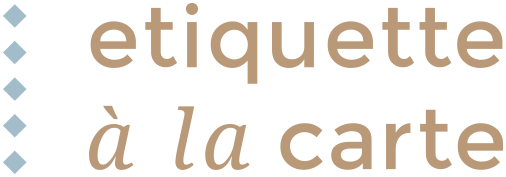French Rebellion
‘We could spend our holidays in the south of France this summer, what do you think?’ Jonas looked up from his sautéed foie gras, his broad smile speaking volumes. ‘Such a long time we haven’t set foot there, you remember our hotel in Aix en Provence?’ Of course I do, but funny that you’re talking about France. Haven’t you read the newspapers? All those strikes!’ Tanja’s somewhat pessimistic slant made him creepy. ‘They are on strike now, not next summer’ he said a little stiffly. ‘But this time it’s even worse’, she continued, ‘they are talking about three months‘. Ok, we’ll talk about it back home. Jonas didn’t want his wife to waste their dinner in one of The Hague’s best French restaurants. She might be right after all, he thought, but he couldn’t help but think of France as one of his favorite countries. He could have lived and worked there his whole life if it had not been for his 100% Dutch wife, who never in her life, would have left her family behind.
How to explain this typical French phenomenon of going on strike every now and then? Today’s strike of the French Railway Company, like so many others, is part of a long social history in a country where strikes pace people’s life. To get a better comprehension of this French-style ‘gréviculture’, (‘grève’ being the French word for strike) we have to go back to the Middle Ages. Whereas in Germany, built on the heritage of the Holy Germanic Empire, the institution is sacred, in France, ancient monarchy of divine right, it’s on the contrary the personal power that matters.
France suffers from this image of supreme leader the citizens expect everything from. There’s no space for debate, explaining this violence of the social dialogue. It’s the opposite of what’s happening in Northern Europe where a model of consensus is associating employers and unions.
France’s state railway service, SNCF was created in 1938 and has become one of the biggest transport groups in the world carrying every day up to 14 million passengers. Unfortunately SNCF also has a debt bigger than that of a small country like Iceland, that the State intends to gradually take over, but from 1st January 2020 on only. Today would be too risky, mainly because the national debt that France has just managed to bring down below 3% of GDP (an EU rule), would go back up again. Instead, SNCF needs to be modernized to face the European competition from other EU countries allowed to run their trains in France in a near future. But who says modernize, says change and that makes the French shiver. For fear of losing their numerous benefits the railworkers started their strike begin April creating chaos with a huge impact on French society and beyond.
That Jonas has already booked a table at Fouquet’s near the Champs Elysées, is to surprise his wife. No matter how, but he will have to find a way to get Tanja on the Thalys train to celebrate their wedding anniversary in Paris, before continuing their way south.

